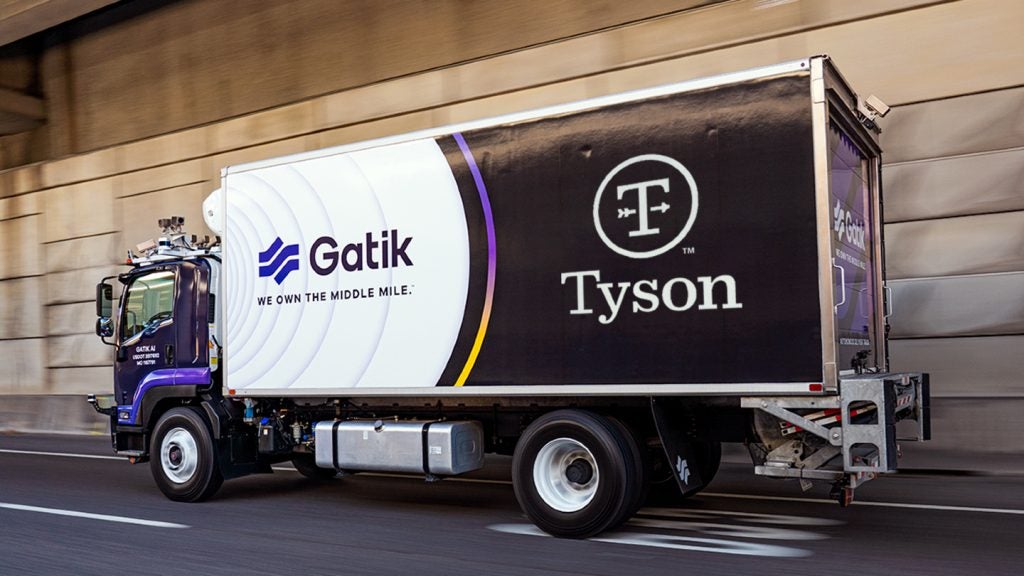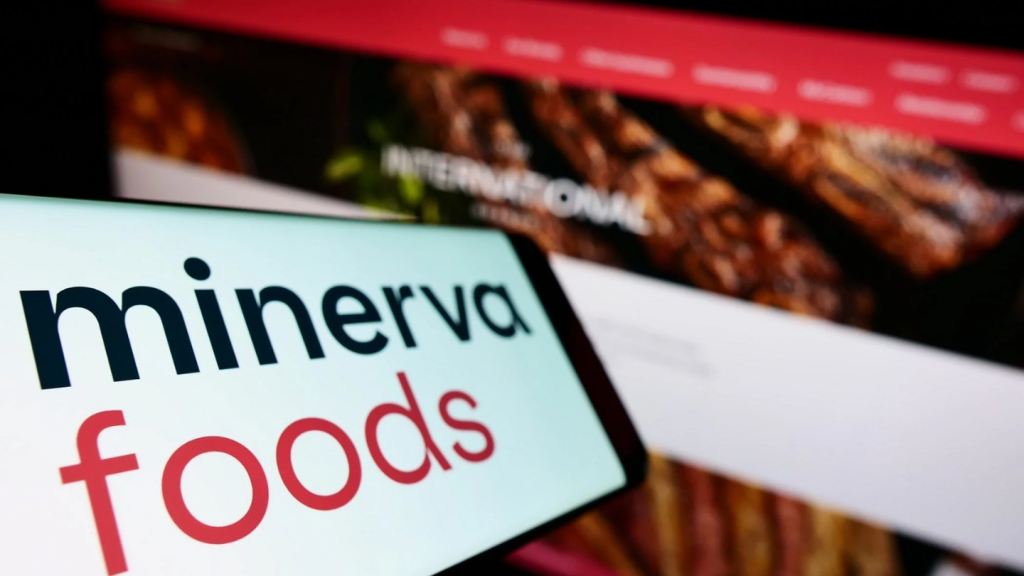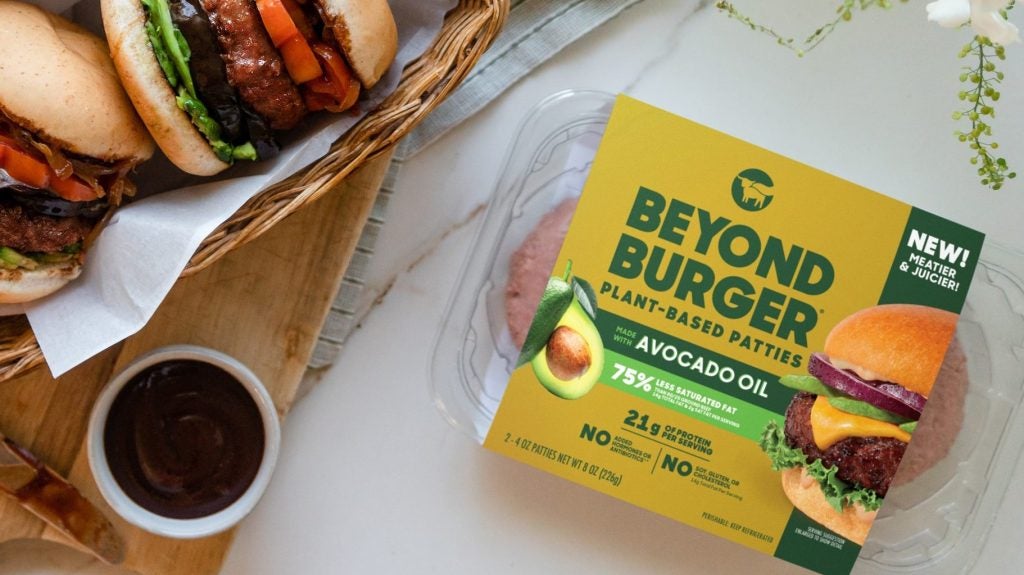Polling suggests that UK consumers are in favour of food manufacturers being taxed for producing so-called junk food. But will it happen?
The country’s new Labour government has only been in power for around five weeks - so well within the fabled first 100 days when much of the big lifting around legislative goals is set to get done.
Labour has had much to do so can be forgiven for not prioritising issues around well-being but healthy food campaigners, consumers and food manufacturers themselves might be keen to find out what its specific plans are to tackle the country’s obesity problem.
This is estimated to cost the country around £98bn ($125bn) a year, including a £6.5bn bill for the National Health Service (NHS) for treating illnesses linked to being overweight.
In opposition, Labour pledged to ban the advertising of junk food to children before the 9pm TV watershed, a can that was repeatedly kicked down the road by the then Conservative government. But the question now is to what extent will Labour make this a priority when it has got so many other issues to deal with in its in-tray?
But the idea that it would be an easy win and popular with the public seems to have been confirmed by new research.
The UK’s The Guardian newspaper, quoting a survey by Ipsos for the Health Foundation think tank, revealed that 58% of those questioned said they backed the introduction of a tax on organisations that produce foods high in sugar or salt such as cakes and biscuits, sugary breakfast cereals, sweetened yogurts and crisps.
Only 19% of the representative sample of 2,136 UK adults were opposed to the idea.
The writing has been on the wall for some time for a clampdown on such products and many manufacturers have made moves, either through acquisition or by reformulation, to make their portfolios healthier.
Perhaps less expected, and something that might encourage the UK government to go further than originally intended in its quest to make the nation healthier, the same survey found that 53% of those questioned favoured imposing a tax on companies that produce ultra-processed food (UPF), such as ham and mass-produced bread.
While 24% were opposed to that idea, that 53% is still a powerful mandate for any government that decides to introduce wide-ranging measures to tackle obesity.
And it will be a concern for those food manufacturers which, although criticised for producing such food - by Dr. Chris van Tulleken, the author of the book Ultra-Processed People, among others - have not thus far seen suggestions that they might have to change their ways linked to possible legislative moves.
It is pure speculation at this stage, but perhaps future action could mean a tax on UPF products or tobacco-style health warnings.
Such a move is unlikely to be imminent as Labour, while not shying away from ‘nanny state’ accusations of telling people how to live their lives, does not want to be seen as anti-business and food is the country’s largest manufacturing sector.
But it will be aware that when it comes to high levels of sugar in food, especially products aimed at children, there is a clear precedent which shows legislation can work. The Soft Drinks Industry Levy, which was introduced by the Conservatives in 2018, has shown that taxing unhealthy products prompts many companies to reformulate them in order to avoid paying the tax and thus benefits public health.
A Department of Health and Social Care spokesperson quoted by The Guardian will have done nothing to allay manufacturers’ fears that legislation of some kind is on its way.
“Prevention is better than cure, which is why this government will make it our mission to shift the focus of healthcare from simply treating ill-health to preventing it in the first place,” the spokesperson said.
Eating habits won’t change overnight of course, but consumers could be nudged towards making healthier choices through price rises - if manufacturers pass future product taxes on.
When linked to a greater focus on health post-Covid and as a result of the increasing popularity of GLP-1 weight-loss drugs and relentless pressure from campaigners, the government may well feel legislation could be just the thing to tip the scales in the fight against obesity.
















